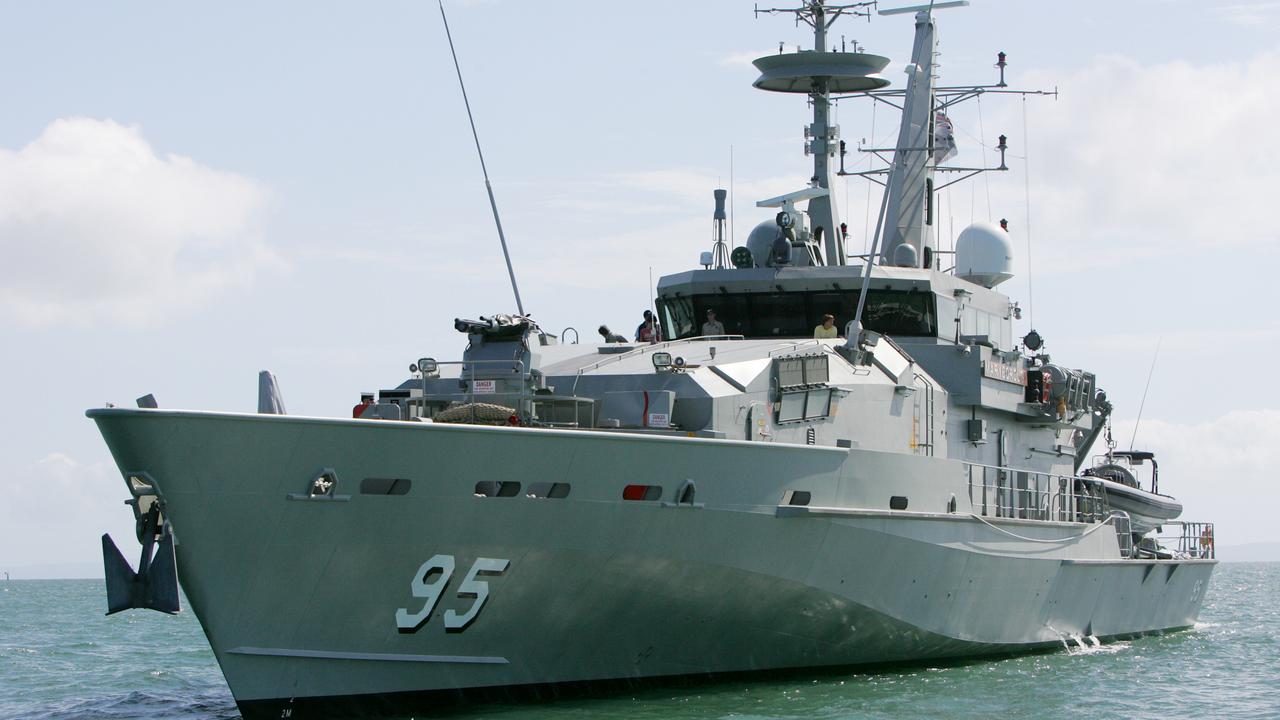First Digger to win VC in World War I 'punished for outspokennes
WAR hero Albert Jacka's closest surviving relative has declared the legendary army captain was "punished for his outspokenness" and should have been awarded four Victoria Cross medals.
WAR hero Albert Jacka's closest surviving relative has declared the legendary army captain was "punished for his outspokenness" and should have been awarded four Victoria Cross medals.
On the 90th anniversary of the battle of Polygon Wood - a shelled wasteland near Ypres in Belgium which was captured by the Australian infantry's 5th Division on September 26, 1917 - 65-year-old Ken Jacka said the battle should have cemented his uncle's position as Australia's most decorated soldier.
Instead, senior command - led by Brigadier General Charles Brand - conspired to deny Jacka a Victoria Cross or Distinguished Service Order for his command of troops in the 4th Division's 14th Battalion.
Despite his lesser rank of captain, Jacka took charge of the 14th Battalion when the man who should have been leading, Lieutenant Colonel Walter John Smith, disappeared for three days as the battle raged around him.
"I think because the battalion commanders obviously found a nice safe dugout somewhere and went to ground there, because they were so horrified and ashamed of themselves doing that, they didn't want to draw any attention to the battle of Polygon Wood," Ken Jacka told The Australian. "I think that was why there were no awards given."
Biographer Ian Grant says recognition of Jacka's brilliance was deliberately withheld to "gain as little publicity for the action as possible". Smith was a Brand man, and Brand repeatedly clashed with Jacka.
Jacka was Australia's first Victoria Cross winner in World War I. He earned the VC, the highest military honour, at Courtney's Post in Gallipoli in May 1915 just three weeks after arriving on the battlefield, when he single-handedly engaged a group of Turks, killing two with his bayonet and shooting five.
The debate over the treatment of Jacka - a working-class hero from Winchelsea, Victoria, who bucked the tradition of subservience and spoke his mind to his military commanders - has been reignited with the publication of a new historical novel, Hard Jacka: the story of a Gallipoli Legend.
Author Michael Lawriwsky told The Australian he became fascinated by Jacka after reading Les Carlyon's historical epic Gallipoli, which devotes less than three paragraphs to Jacka's military feats. Lawriwsky read Gallipoli after his teenage daughter won the Prime Minister's Prize for Australian History in 2001 and was given the book as a reward.
"I got to page 281 and suddenly the name of Albert Jacka and what he had done came up," Lawriwsky said. "It just struck me that I had never heard of him before. I started to investigate what had been written about him, and I saw that there was only one book (Grant's biography, Jacka VC). I spoke to a number of people, older and younger and my age, and the vast majority of them hadn't heard of Albert Jacka."
Lawriwsky argues that Jacka's extraordinary military achievements - at Courtney's Post, at Pozieres on the Western Front in July 1916, Bullecourt in April 1917, and Polygon Wood in September 1917 - were all worthy of VCs.
It was the same conclusion reached by Grant when he published his biography in 1989.
Only two of seven million soldiers who fought for the British empire during World War I were awarded two VCs - or in military terms, a "bar" to the VC.



